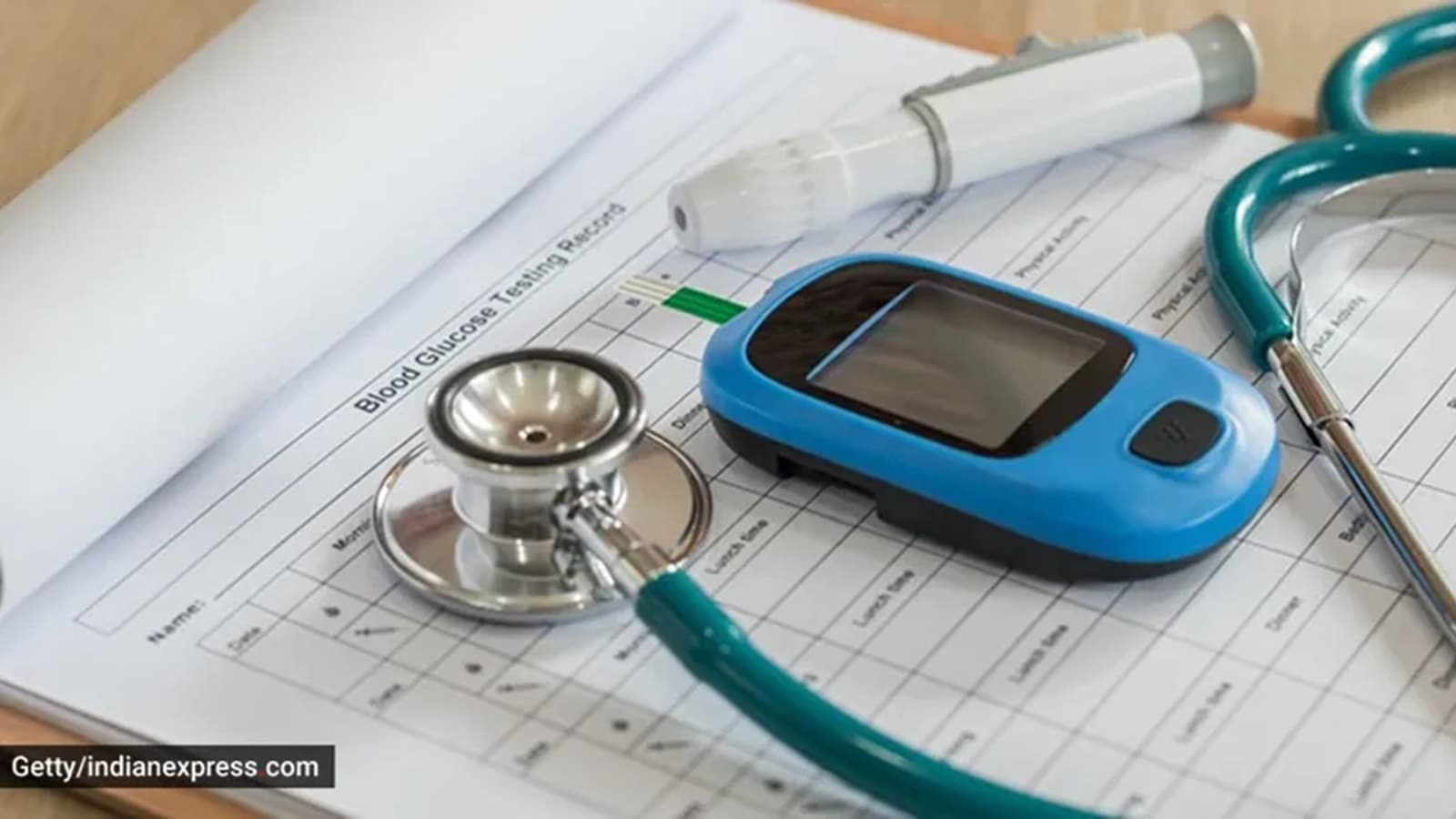We are all curious about various health metrics and how they may vary depending on the time of day they are measured. A similar Quora thread that caught our eye asked this essential question: ‘My blood sugar was 91 mg/dL at bedtime but jumped to 182 mg/dL in the morning. Why did this happen?’
So, we reached out to Dr Vijay Negalur, HOD, diabetology, KIMS Hospitals, Thane, in search of an answer.
“This spike is more common than you might think and usually happens because of what we call the ‘dawn phenomenon’,” said Dr Negalur.
In the early morning hours, typically between 2 and 8 am, your body releases hormones like cortisol and growth hormone to get you ready for the day. “These hormones can cause your liver to release glucose, which raises your blood sugar even if you haven’t eaten,” said Dr Negalur.
Another possibility is the Somogyi effect. “This refers to a rebound high after your blood sugar drops overnight. If your sugar falls too low while you sleep, your body responds by releasing more sugar, often going too high,” said Dr Negalur.
What should people watch out for in such cases?
Look for patterns. “Does this spike happen often? Tracking your readings for a week can help. Also, pay attention to your dinner time, whether you snack late at night, and whether you took insulin or medication too early or too late. It’s not just about what you eat, but when you eat,” said Dr Negalur.
 Here’s what you should consider (Photo: Getty Images/Thinkstock)
Here’s what you should consider (Photo: Getty Images/Thinkstock)
How can one prevent such sugar spikes?
Story continues below this ad
*Don’t skip dinner. “A balanced evening meal with protein and fibre slows down sugar release, stated Dr Negalur.
*Avoid late-night carbs or sugary snacks before bed.
*Light evening activity, like a short walk, helps with glucose metabolism.
*Talk to your doctor about adjusting your nighttime medication if this happens often.
Any key takeaway for diabetics or pre-diabetics?
Dr Negalur called blood sugar a “24-hour story”, not just about what happens after you eat or when you are fasting. “Morning highs can quietly disrupt your blood sugar control. Regular monitoring, smart food choices, and timing your medications correctly can help you stay on track,” said Dr Negalur.
DISCLAIMER: This article is based on information from the public domain and/or the experts we spoke to. Always consult your health practitioner before starting any routine.

